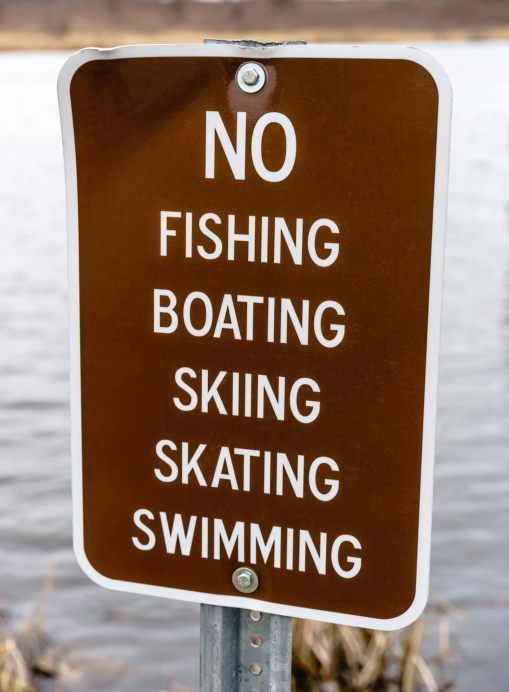Sen. Marco Rubio (R-FL) and Sen. Bill Cassidy (R-LA), chairman of the Senate Energy and Natural Resources Subcommittee on National Parks, have introduced a bill to safeguard states’ authority to regulate fishing in their waters.
Under the bill, the National Park Service (NPS) would be allowed to restrict access to waters for recreational or commercial fishing in national parks within a state, but NPS would need approval from state fish and wildlife agencies first.
Senate Bill 2807, the Preserving Public Access to Public Waters Act, was offered in response to a controversial decision to close fishing access at Biscayne National Park in June 2015. The National Park Service decided to eliminate fishing and severely restrict boating on over 10,000 acres. Biscayne, just south of Miami, is the largest marine national park in the country.
Preserving Access to ‘Shared Natural Resources’
A coalition of recreational boating and fishing organizations say they support SB 2807 and have fought for less-restrictive options that would balance conservation needs and recreational use of the park’s most popular and productive waters.
The American Sportfishing Association, the National Marine Manufacturers Association, the Coastal Conservation Association, and the Center for Coastal Conservation say states understand the unique characteristics of their own waters better than federal agencies and sound conservation efforts can be achieved through balanced management.
“This is a matter of shared resource management, and states have expertise in fisheries the federal government does not always have,” said Brian Yablonski, chair of Florida Fish and Wildlife Conservation Commission. “It is about the state and federal government working together as true partners and not heavy-handed, command-and-control declarations that impact our shared natural resources.”
“Given the significant economic, social, and conservation benefits recreational fishing provides to the nation, any decision to close or restrict public access should be based on sound science and strong management principles,” Mike Nussman, president of the American Sportfishing Association, said in a statement. “While [closing] areas have a role in fisheries management, they should only come after legitimate consideration of all possible options and agreement among management agencies.
“[SB 2907], which is strongly supported by the recreational fishing industry, will ensure that the voice of state fisheries agencies is not lost in these decisions.”
House Resolution 3310, a companion bill similar to SB 2807, has been introduced in the House of Representatives. If either bill becomes law, the no-fishing zone in Biscayne would be reversed.
Alyssa Carducci ([email protected]) writes from Tampa, Florida.




